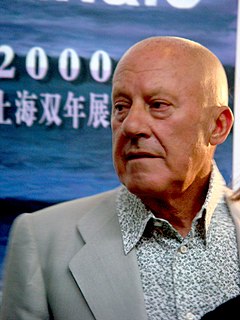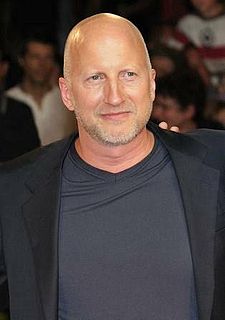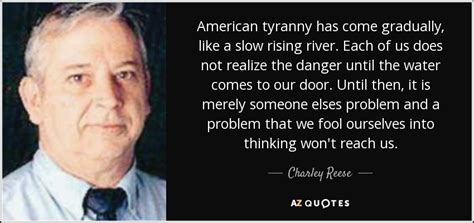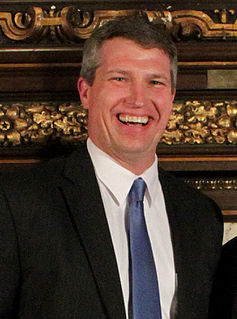Top 1200 Economics Quotes & Sayings - Page 16
Explore popular Economics quotes.
Last updated on November 5, 2024.
To be sure, mathematics can be extended to any branch of knowledge, including economics, provided the concepts are so clearly defined as to permit accurate symbolic representation. That is only another way of saying that in some branches of discourse it is desirable to know what you are talking about.
At nineteen I was pretty sure I was going to be a professional soccer player. At that time I played for one of the Norwegian premier leagues. But I tore ligaments in both knees, so I started studying business administration and economics and became a financial analyst, and I worked at a brokerage firm as a stockbroker.
The idea that we're going to austerity ourselves into prosperity is so mistaken, and honestly, I feel like one of the big problems we have is that, because Democrats don't have a deep understanding of or degrees in economics, they allow Wall Street folks to roll in the door and think that they're giving them an education.
There's major changes happening with technology and economics. But unfortunately, the initial reaction on any new frontier, it gets bloody, and people are overreacting, and very defensive, and they're not taking risks. In fact, they're taking such safe measures that they're shooting themselves in the foot.























































